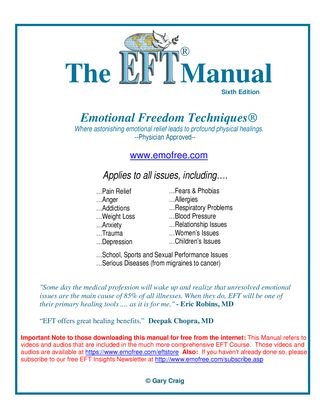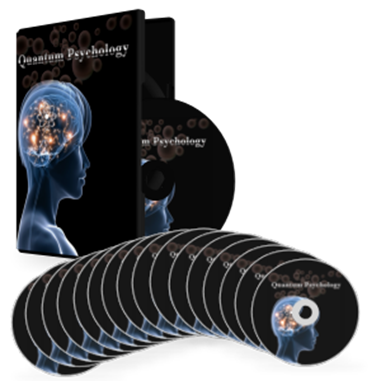Published 11/2022
MP4 | Video: h264, 1280×720 | Audio: AAC, 44.1 KHz
Language: English | Size: 1.30 GB | Duration: 1h 47m
Be More, Live More and Do More
What you’ll learn
Basic understanding of toxic shame and its various co-morbidities
Learn about the major sources of toxic shame, hidden symptoms and defences
Understand the brain regions implicated in toxic shame and how this can inform recovery session
Learn about The Toxic Shame Cycle and how it can be used to help others/yourself overcome toxic shame
Learn about the 10 steps to breaking The Toxic Shame Cycle
Experience effective toxic shame reduction exercises to heal toxic shame
Access to meditation clips for ongoing recovery work
Additional take-home recovery exercises for shrinking the inner critics and strengthening the authentic self for greater self-expression and personal power
Requirements
Everyone interested in the subject is welcome. No requirements.
Description
Toxic shame is a source of most of the mental health conditions that we now understand. It is also a source of violence to self and others. For example, if you were never allowed to express anger in your family, your unexpressed anger is shamed and dissociated from your sense of self. As a result, your toxic shame is triggered whenever you feel angry. Such unexpressed survival energy is often converted into psychosomatic conditions such as anxiety, depression, pro-inflammatory conditions, etc.Healthy shame is an essential part of the ego ideal necessary for healthy brain development in childhood. Healthy shame is developed from aged 6 months once a baby is able to differentiate the face of their primary care giver from others. However, developmental trauma or trauma in adolescent-hood or adulthood can transmute healthy shame into toxic shame.Toxic shame is a soul tormentor that is experienced in the entire being as the all perversive sense that ‘I am fundamentally broken, defective and flawed as a human being.” Once toxic shame becomes a state of being, one’s core identity, it overwhelms us with a sense of worthlessness and helplessness. Since a shame-based identity makes us feel abjectly exposed, we then look for how to cover it up using defences and other control behaviours.If toxic shame is not dealt with, it forces us to develop a false self as a cover-up or defence for our shame-based identity. Toxic shame is unwanted exposure that will always require a cover-up or defence. Toxic shame cover up/defences may include addictions, co-dependency, borderline personality, narcissistic personality, paranoid personality, offender behaviours, etc. Toxic shame defences also include other dysfunctional family system roles such as; scapegoat, family hero/star, lost child, surrogate spouse, caretaker, rescuer, etc.Toxic shame binds all other emotions, needs and drives within us, in the sense that, by feeling any of these emotions, needs or dives, your toxic shame spiral is triggered. Since the fundamental core of humanity is grounded in our feelings, needs and drives, if they are bound in shame, we become dissociated from the reality and incapable of fully living.The purpose of this recovery session is to give us a safe space to fully understand and heal our toxic shame, uncover hidden defences and free the inner child, so that we can start to live to the full and enjoy all the good things life has provided.
Overview
Section 1: Introduction
Lecture 1 Introduction
Section 2: Lecture 2: Regions of the Brain Implicated in Toxic Shame
Lecture 2 Regions of the Brain Implicated in Toxic Shame
Section 3: Lecture 3: The Toxic Shame Cycle
Lecture 3 Lecture 3: The Toxic Shame Cycle
Section 4: Lecture 4: Toxic Shame Recovery Session Part 1
Lecture 4 Toxic Shame Recovery Session 1
Section 5: Lecture 5: Toxic Shame Recovery Session 2
Lecture 5 Toxic Shame Recovery Session 2
Everyone interested in the subject is welcome on this course
HOMEPAGE
https://anonymz.com/?https://www.udemy.com/course/healing-toxic-shame-recovery-session/











Reviews
There are no reviews yet.